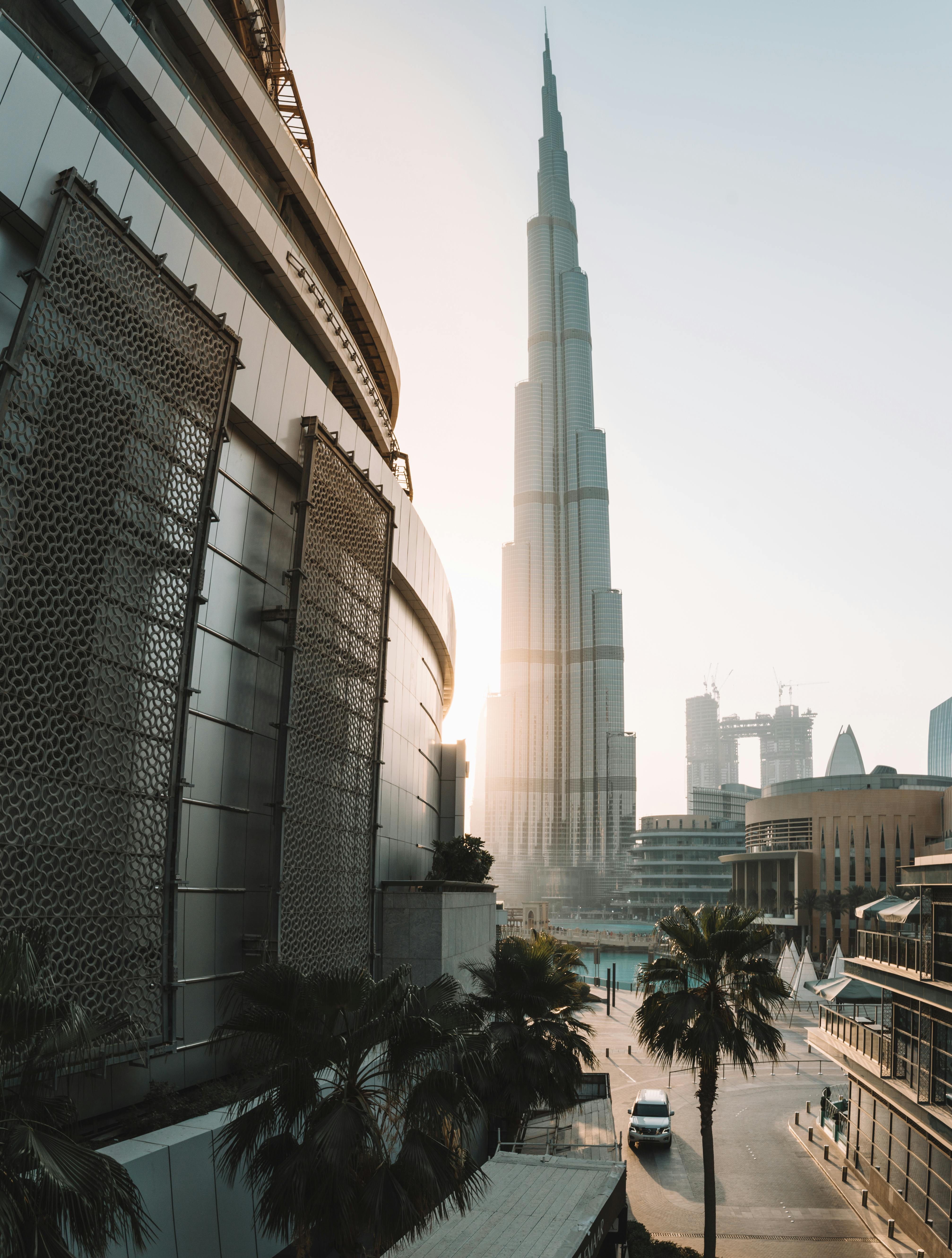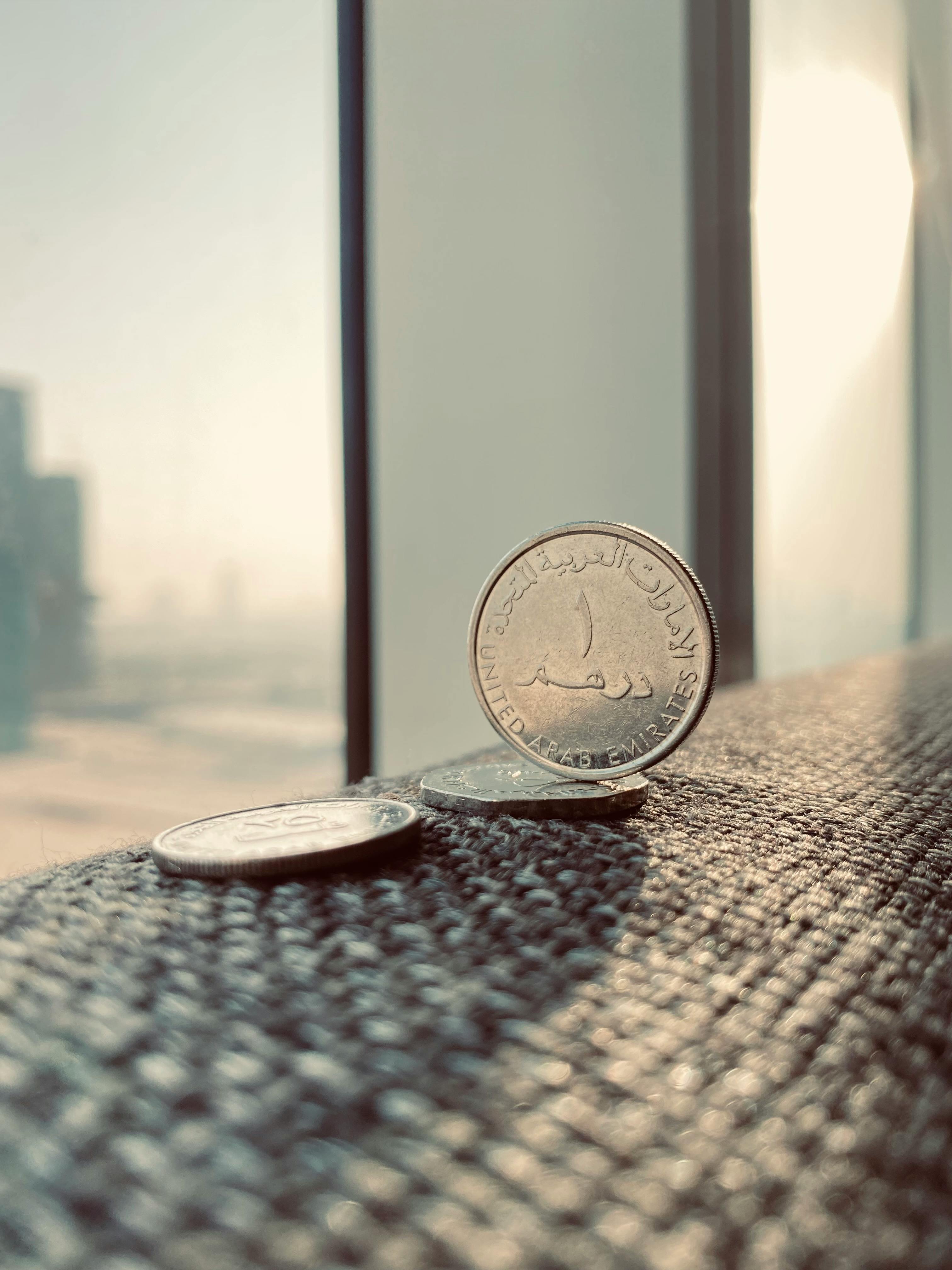Dubai as an Investment Hub: Comprehensive Guide & Analysis
Is Dubai really the ultra-modern investment magnet it claims to be—or is its rise as an “investment hub” more sizzle than substance? I’ve spent the better part of fifteen years tracking emerging markets, sitting in on investment committees, and, candidly, revising my own stance on Dubai 1. The global headlines shout about glassy skyscrapers, zero taxes, and a lifestyle so plush it almost feels unreal. But here’s the thing: beneath the glitz, there’s an intricate (and sometimes contradictory) story—a blend of world-class infrastructure, risk, opportunity, evolving regulation, and distinct local flavor that, depending on how you approach it, can make or break your investment thesis. For newcomers, or even seasoned portfolio managers eyeing the Middle East, Dubai’s reality in 2025 is, as always, more nuanced. Let’s get real about it.
1. Opportunity & Strategic Positioning: Dubai in the Global Investment Matrix
Let’s start with the big, foundational question every client asks: “Why Dubai? Why now?” In plain terms, Dubai’s investment appeal lies at the crossroads of geography, policy, and—perhaps most importantly—mindset. With its world-class airports, logistics centers, and digital connectivity, it literally bridges Asia, Europe, and Africa (I can’t count the number of times flight schedules alone tipped decisions for multinationals launching new hubs). Add in zero personal income tax, a famously business-friendly regulatory environment, and a hyperactive government bent on “future-proofing” its economy, and you have a uniquely positioned city-state that punches far above its weight 2.
What most outside observers miss, however, has to do with timing and resilience. Dubai’s economic planners have proven themselves especially adept during periods of global uncertainty—pivoting hard after the 2008 crash, then again as oil prices nosedived in the mid-2010s, and most recently, in smart post-COVID reopening policies that protected capital and attracted new talent 3.
Key Insight: Investment in Dubai Isn’t Just about Oil
While the UAE overall benefits from oil wealth, Dubai itself generates less than 1% of its GDP from oil. The city’s focus—and competitive edge—lies in services, trade, logistics, tourism, real estate, and increasingly, technology and fintech. This economic diversification means that its fortunes aren’t tied to a single commodity cycle, which is a huge deal for long-term investment planning.
2. Market Sectors: From Real Estate to Tech—What’s Hot, What’s Not
I remember my own first “aha!” moment in Dubai was watching a tech startup founder demo a blockchain prototype inside a co-working space—just a five-minute walk from one of the world’s biggest real estate expos. That’s Dubai: Construction cranes on one block, AI-powered analytics firms on the next. But how does this mash-up translate into real investable opportunities?
- Real Estate: Perpetually high-profile, but evolving beyond luxury towers to new asset types: mid-market residential, co-living, industrial, and even sustainable “smart” spaces.
- Tech and Innovation: Homegrown unicorns (Careem, Souq.com), 20+ accelerators, and a rapidly scaling fintech/AI sector leveraging favorable regulations (like the DIFC’s innovation license).
- Tourism & Hospitality: Huge recovery since the pandemic. Expo 2020 was a springboard, but new developments now target year-round, experience-driven travel spend.
- Sustainability & Clean Energy: Solar parks, green bonds, and mobility startups—backed by government commitments (50% clean power by 2050, last checked in 2024).
- Healthcare & Life Sciences: “Health hub” status is real, with investment not just from clinics, but AI medtech, research, and cross-border pharma logistics.
On the flip side? Retail is still strong, but global e-commerce habits mean the mall-centric boom of the 2010s is quietly rerouting toward hybrid “phygital” retail, logistics, and experience zones. Oil? Relevant for the UAE, but as noted, not central to Dubai’s global value. Tech? Hot but highly competitive—success here means leveraging Dubai’s unique blend of capital, policy, and multicultural talent.
“Dubai’s incredible rise as a global finance center is due less to oil than to its vision of a service- and technology-led future. For investors, the big takeaway is this: The rules here change fast, and being close to policy makers—while staying globally diversified—is what protects returns.”
3. Regulatory Environment & Business Setup Secrets (They Don’t Tell You on the Billboard)
Anyone can Google, “How to open a company in Dubai.” But here’s what the official checklists rarely tell you—Dubai is a jurisdictional Rubik’s cube, especially for those of us trained in Western or Asian regulatory models. I learned this the slightly-hard way circa 2016, when a seemingly straightforward JV took twice as long (and cost 25% more) than a similar deal in Singapore. Why? Navigating between mainland, free zones, and offshore entities isn’t just a matter of paperwork; it’s about understanding investor rights, repatriation protocols, sector-specific rules, and—crucially—knowing which local sponsors or partners bring real value versus just meeting legal minimums 5.
Insider Take: Getting the Structure Right
For most new entrants, starting in a reputable Free Zone (e.g., DIFC for finance, DMCC for trade, Dubai Internet City for tech/startups) gives 100% foreign ownership, no local partner requirements, and streamlined visa/banking setup. But for mainland deals—especially those targeting government contracts or B2G sectors—having a high-integrity local sponsor is vital. And yes, the best ones are usually found through referrals, not web directories.
Quick Comparisons: Company Formation Models
| Mainland LLC | Free Zone Entity | Offshore Company |
|---|---|---|
| 51% local sponsor required (unless exempted). Full UAE business scope. Eligible for government contracts. | 100% foreign ownership. Operates within specific Free Zone. Limited to certain permitted activities (can do business domestically via distributorships). | Primarily used for holding/investment (not for trading in UAE). Minimal regulation. Great for asset protection but limited local presence. |
One thing that really stands out about Dubai’s regulatory environment is how aggressively it adapts. The government has rolled out digital business licenses (nearly all paperwork can be completed without a physical presence now), flexible work visa options (Green Visa, Golden Visa), and sector-specific “innovation licenses” that fast-track approval in fintech, AI, and green tech. But—this is crucial—compliance standards, especially for AML/KYC and ultimate beneficial ownership, now meet and sometimes exceed European and U.S. norms 6. Shortcutting these for speed is a recipe for account freezes or worse.
“The perception that Dubai is a “no rules” Wild West is completely outdated. Over the past five years, enforcement has dramatically tightened. If you’re not up to speed on local compliance, you risk more than a few delays—you risk your license.”
4. Risks, Challenges & Emerging Trends (Because No Place is Perfect)
This is where I get a bit more candid. If you only read the promotional materials, Dubai is a land of limitless upside. Reality? It’s dynamic but contains real risks and some uniquely local pitfalls. Here are the patterns that can catch even the best-prepared investors off guard:
- Regulatory Overhaul Risk: Dubai’s pace of policy change is a double-edged sword. Staying nimble is essential—what works in Q1 can be different by Q4.
- Market Cycles: The real estate market, in particular, runs hot and cold. 2021-2023 saw record rebounds post-pandemic, but oversupply can undercut prices fast 8.
- Legal Precedents: While the DIFC courts are world-class, UAE law (outside of free zones) is rooted in civil law and sharia. Understanding what contracts and IP protections truly mean here requires expert local legal advice. I’ve personally watched deals unravel due to conflicting interpretations of standard clauses between parties accustomed to English common law systems and those following local practice.
- Cultural & Talent Dynamics: It’s a global expat city, yes, but local relationships matter. Recruiting, retaining, and managing multicultural (and rapidly mobile) teams requires very different leadership skills than in the US, EU, or even Singapore. That’s something no accelerator program—or glossy agency pitch—fully prepares you for.
- Geopolitical Volatility: While Dubai is a relative haven in the region, events elsewhere (oil price shocks, sanctions, regional conflicts) can have unpredictable knock-on effects on financing and risk appetite 9.
Actionable Takeaway
Conduct scenario planning for policy, currency, and market shocks before making any major capital allocation. Maintain diversified exposure—both geographically and across asset classes—and consider engaging Dubai-based legal and compliance specialists to “stress test” your structures.
“If you’re serious about maximizing upside in Dubai, invest just as much in understanding the political economy as in asset selection. Returns here aren’t just about numbers—they’re about trust, context, and adaptability.”

5. Success Stories & Hard-Won Lessons: Dubai Investment Realities
Let me paint a more personal picture: Back in late 2022, I facilitated a roundtable with four fund managers and two tech founders who had recently moved their HQs to Dubai. What struck me—despite their diverse backgrounds (American, Indian, Saudi, Russian)—was a shared attitude: “Dubai accelerates your trajectory, but you have to show up, network, and keep iterating your playbook as conditions shift.” They weren’t exaggerating.
- Case Study #1: Startup to Scaleup in Tech
One SaaS platform in my network, after inconsistent results in Europe, relocated to Dubai Internet City in 2021. The reasons? Access to “innovation visas,” hands-on mentoring from local VCs, and a government project that doubled their revenue within 18 months10. The biggest challenge? Recruiting senior engineers—globally competitive, but heavy on relocation and retention costs. Their takeaway: Dubai’s tech scene is for hustlers, not sideliners. - Case Study #2: Real Estate Pivot
After the 2014-16 correction, a regional developer I worked with pivoted away from luxury towers to affordable housing and short-let units aimed at the Golden Visa segment. Profits recovered by 2022, and their model was featured at the Cityscape Global event as a template for other markets. Regret? Entering the affordable segment a year too late—being cut off from the initial surge. - Case Study #3: Private Equity/Asset Management
A fund I advised ran into unexpected currency exposure volatility—something rarely flagged in Dubai “success” stories. Hedging costs rose by 13% during a sudden U.S.-dollar spike. Ultimately, they learned to rebalance more frequently and sourced local currency funding to reduce exposure. The fund’s principal told me, mid-chaos, “Dubai is a hedge fund manager’s playground, but the rules and correlations shift overnight.”
Hard-Earned Truth
You can win big here, but you’re playing a dynamic game—one that requires constant skills upgrading, rapid failure recovery, and an exceptionally strong local network. It’s not an “autopilot” city; even established players get disrupted when the ecosystem or policy landscape pivots (which, in Dubai, is fast).
Sector Deep Dives: What’s Driving Returns?
Now let’s zoom in—with a bit more granularity—on where the best risk-adjusted returns are flowing in 2025, using up-to-date data and personal experience 11.
- Fintech & Digital Assets: The DIFC’s “Innovation License” and ADGM’s digital asset regime have made Dubai/MENA the default Middle Eastern launchpad for blockchain, payments, insuretech—attracting capital from London, Zurich, and Singapore.
- Sustainable Infrastructure & Green Finance: With both local and foreign ESG funds flocking to solar, mobility, and water-tech, Dubai is now the largest issuer of green sukuk (Islamic bonds) outside Asia 12.
- Healthcare: “Medical free zones,” AI diagnostics, and a new focus on global hospital groups (Cleveland Clinic, Mediclinic) moving major operations to Dubai—spurred by governmental innovation grants.
- Real Economy Revitalization: Despite the tech/comms buzz, Dubai’s logistics and warehousing platform (JAFZA) remains the beating heart of regional goods movement. My own B2B SME clients from outside the UAE often enter the region here, not via regional competitors.
Pro Tip for First-Timers
For funds or family offices exploring Dubai: Co-investment and syndicates are the standard. “Solo heroics” rarely work for outsiders—collaborate with both local and international players to mitigate learning curve risk and boost deal flow validation.
High-Impact Numbers: What the Data Actually Tells Us
| Sector | % of FDI Inflows (2023) | 5-Year CAGR (2018-2023) | Key Markets |
|---|---|---|---|
| Technology & Innovation | 25% | 18% | US, UK, India, China |
| Real Estate & Construction | 28% | 6% | EU, Russia, GCC |
| Logistics/Trade | 19% | 10% | Africa, South Asia |
| Healthcare & Pharma | 11% | 12% | Germany, US, India |
“In Dubai, sector strength pivots quickly—but the best returns are captured by those who sense regulatory and demand shifts early. Follow the government policy pipeline as closely as you do quarterly earnings.”
Notice any patterns? Unlike North American or European hubs, Dubai’s sector leadership doesn’t rest on slow, incremental shifts—it’s often policy-triggered. Knowing how to read these signals (from Expo bid campaigns to new labor laws) is as crucial as any spreadsheet forecast.
6. Your 2025 Dubai Investment Blueprint: Practical Steps & Mindset Shifts
So, you’re convinced Dubai is “more than hype”—now what? Here’s my plainspoken, post-2024 action plan, based on what’s actually worked (and what I’ve seen go sideways, even for well-funded players):
- Do Your Own Reconnaissance: Don’t just read white papers—spend time on the ground. Site visits, accelerator tours, and peer lunches move you from “theory” to operational reality fast 13.
- Engage Local Advisors: From compliance to recruitment, local partners can save you months of costly missteps. Personal referrals outperform cold hires every time in Dubai’s fast-moving economy.
- Pilot, Then Scale: Test your product or asset allocation in sandbox-friendly free zones before launching full-scale. This protects downside and builds local “proof of concept.”
- Prioritize Compliance: Stay ahead of the regulatory curve by engaging with DIFC, DED, and specialist law firms on all licensing/licensing renewals. Be wary: Last year’s best-practice may be outdated next quarter.
- Keep Learning—Constantly: Regularly participate in forums (e.g., Gulf Capital Summits, Step Conference) to spot trend shifts, upcoming regulations, and build your professional network. Every serious Dubai investor I know, myself included, learns more from peer conversations than the official brochures.
Final Word: Adaptability Wins
There’s no one-size-fits-all template for Dubai. The city—like every smart investor—values agility, risk management, and continued learning. Treat Dubai as a complex ecosystem, not a monolith, and you’ll stack the odds in your favor. And remember: Even the best plans require revision as policy, technology, and the global context evolve.
“Dubai rewards both vision and vigilance. The winners—whether in real estate, tech, or finance—are those who stay present, flexible, and deeply connected to the ecosystem.”
Call to Action
Ready to take the next step? Whether you’re a first-timer or a regional veteran, start with our UAE Business License Guide, join the Dubai Investment Insights newsletter, or book a consult with our network of local experts. It’s never too early—or too late—to start building your Dubai action plan.
7. References & Further Reading
Verified Sources
Schema Markup Guidance
To improve search visibility, implement Article and InvestmentOrDeposit schema on this page. Mark up the headline, description, author, publication date, aggregate rating (if applicable), and main content sections. For FAQ or “People Also Ask” snippets, provide up-to-date, structured Q&A (as in section 2 and 3) for maximum snippet capture.



